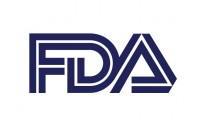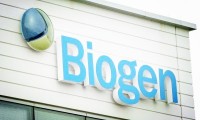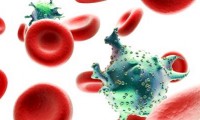-
US FDA finalises new guidelines for medical device development
- Source: medicaldevice-network
- 747
- October 30, 2017
-
Skin may regulate blood pressure, study finds
- Source: medicalnewstoday
- 1,079
- October 27, 2017
-
Biogen Increases Profit Potential on Investigational Alzheimer’s Disease Treatment Aducanumab Through Amended Agreement with Neurimmune Holding AG
- Source: media.biogen
- 672
- October 27, 2017
-
Not Enough Participants
- Source: medicalnewsbulletin
- 981
- October 27, 2017
-
Rheumatoid arthritis may raise COPD risk
- Source: medicalnewstoday
- 752
- October 27, 2017
-
Shire Receives Orphan Drug Designation for Gene Therapy Candidate SHP654 (BAX 888) for the Treatment of Hemophilia A
- Source: finance.yahoo
- 858
- October 27, 2017
-
Handheld spectral analyzer turns smartphone into diagnostic tool
- Source: Bioengineering;
- 901
- October 26, 2017
your submission has already been received.
OK
Subscribe
Please enter a valid Email address!
Submit
The most relevant industry news & insight will be sent to you every two weeks.













